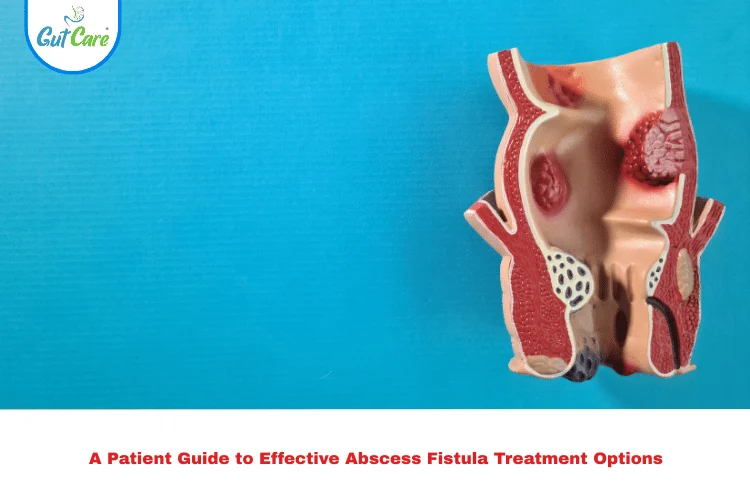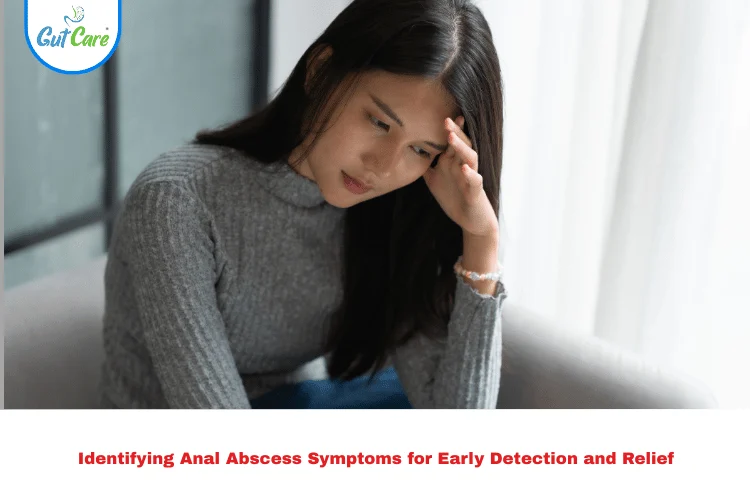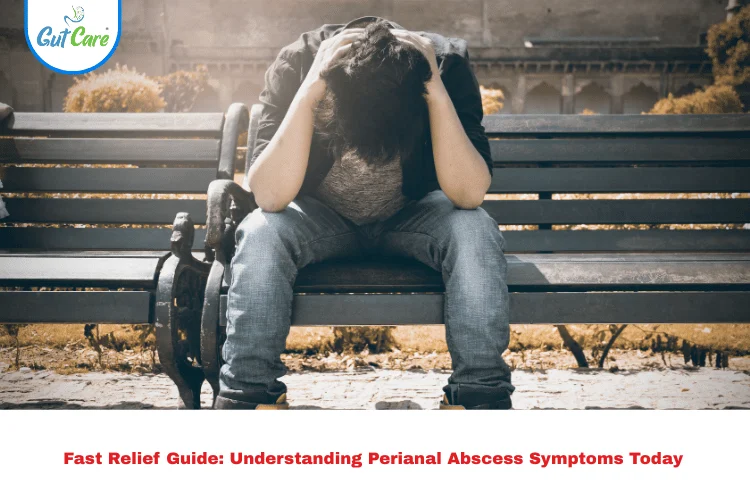Anal pain is an uncomfortable problem that can affect daily life, making simple tasks like sitting or passing stools difficult. The causes of anal pain range from minor infections to digestive disorders, and understanding these causes is the first step toward proper treatment. At Gutcare Clinics in Bangalore, experts emphasize that timely consultation with a colorectal surgeon can prevent complications and support faster recovery.
In this article, we’ll break down the most common medical causes, discuss related symptoms, and explain when it’s important to seek professional care.
Common Causes of Anal Pain
1. Anal Infections
Infections are one of the leading causes of anal pain. They can be triggered by bacteria, fungi, or even sexually transmitted infections.
Anal infection symptoms may include:
- Redness or swelling around the anus
- Persistent itching or burning
- Discharge or pus in severe cases
- Pain while sitting or passing stool
Ignoring anal infections can lead to abscess formation, which may require medical intervention. A colorectal surgeon often prescribes antibiotics or minor surgical procedures depending on the severity.
2. Anal Fissures
An anal fissure is a small tear in the lining of the anal canal, often caused by hard stools, constipation, or prolonged diarrhea.
Fissure causes include:
- Chronic constipation and straining
- Passing very hard or large stools
- Digestive issues such as inflammatory bowel disease
- Trauma during childbirth
Anal fissures are extremely painful, often described as a sharp or burning sensation during bowel movements. Patients also report spotting blood on toilet paper.
Anal fissure healing time varies most acute fissures heal in 4–6 weeks with proper care, but chronic fissures may need surgical attention. Remedies include stool softeners, warm sitz baths, and topical ointments to relax the anal muscles.
3. Hemorrhoids (Piles)
Hemorrhoids are swollen veins in the rectum or anus that cause pain, itching, and sometimes bleeding. They are a very common cause of anal pain and are often linked to poor bowel habits.
Symptoms include:
- Swelling or lumps near the anus
- Bright red bleeding during bowel movements
- Pain and discomfort while sitting
Lifestyle changes, including a high-fiber diet, hydration, and avoiding prolonged sitting, can ease symptoms. In advanced cases, minimally invasive procedures offered at Gutcare Clinics can help.
4. Digestive Disorders
Certain digestive issues can also lead to anal discomfort. Conditions like irritable bowel syndrome (IBS), chronic diarrhea, or inflammatory bowel disease can cause irritation and lead to fissures or hemorrhoids.
For patients with frequent digestive problems, a tailored diet plan and medical guidance are essential to prevent recurring anal pain.
5. Abscesses and Fistulas
An anal abscess forms when pus collects in the anal glands due to infection. If left untreated, it may develop into a fistula (an abnormal tunnel between the anal canal and skin).
These are serious causes of anal pain that often require surgical treatment by a colorectal surgeon. Symptoms include severe pain, swelling, fever, and pus discharge.
Importance of Consulting a Colorectal Surgeon
While home remedies and lifestyle changes can help in mild cases, persistent or severe pain should not be ignored. Dr. Yuvrajsingh Gehlot, a leading colorectal surgeon, advises early diagnosis to prevent complications like chronic fissures, severe infections, or fistulas.
At Gutcare Clinics, Bangalore, specialized treatments are available for all forms of anal pain, ensuring faster recovery with modern techniques.
Remedies and Self-Care Tips
Here are a few tips to manage discomfort at home before seeking medical care:
- Eat a fiber-rich diet to avoid constipation.
- Stay hydrated throughout the day.
- Take warm sitz baths to relieve pain.
- Use over-the-counter ointments for temporary relief.
- Avoid straining during bowel movements.
If symptoms do not improve within a week, professional evaluation is strongly recommended.
Conclusion
The causes of anal pain are diverse, ranging from simple infections to complex digestive issues. Understanding symptoms like anal infection symptoms, knowing fissure causes, and being aware of the average anal fissure healing time can guide patients toward timely treatment.
Remember, anal pain is not something to ignore. Consult with a trusted colorectal surgeon at Gutcare Clinics in Bangalore for expert diagnosis and care. Early treatment ensures quicker healing and prevents complications.
FAQs
1. What are the most common causes of anal pain?
The most common causes of anal pain include anal fissures, hemorrhoids, infections, abscesses, and digestive issues. Consulting a colorectal surgeon ensures proper diagnosis.
2. How do I know if I have an anal infection?
Typical anal infection symptoms include swelling, redness, pus discharge, itching, and pain while sitting or passing stools. If these occur, seek medical care immediately.
3. How long does it take for an anal fissure to heal?
Anal fissure healing time is usually 4–6 weeks with proper self-care. Chronic fissures, however, may require surgical treatment.
4. Can lifestyle changes prevent fissures and hemorrhoids?
Yes, eating a high-fiber diet, drinking enough water, and avoiding straining during bowel movements can reduce fissure causes and hemorrhoid risks.
5. Why should I choose Gutcare Clinics in Bangalore for anal pain treatment?
Gutcare Clinics offers expert care with experienced colorectal surgeons like Dr. Yuvrajsingh Gehlot, ensuring advanced treatment for all causes of anal pain.




